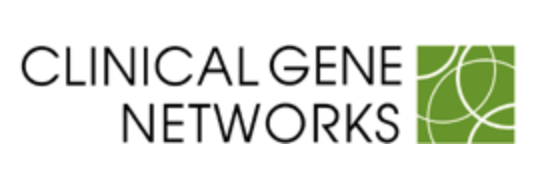
Market Analysis
The worldwide sales of cardiovascular disease (CVD) drugs are currently about $76 billion annually (where the cholesterol-lowering agents (Statins) collectively stand for nearly half of the sales). A majority of today's CVD therapies are prescribed to indirectly reduce risk for coronary artery disease (CAD), myocardial infarction (MI) or stroke (e.g., cholesterol-lowering, anti-hypertensive and diabetes drugs). There are currently no drugs acting directly against CAD in the arterial wall. Despite this, CVD drug sales have increased steadily over the last decades and are believed to continue to grow at an annual rate of 10-20%.
The major reasons for this growth are:
• Increased life expectancy in western societies.
• Increased prevalence of diabetes (a disorder that multiplies CVD risk) among youth.
• Western lifestyles and diets are adopted in developing countries increasing the incidence of CAD/MI and stroke in countries like China, India, Russia and Brazil.
The global cardiovascular drugs market size was valued at USD 138.33 billion in 2022 and is expected to reach around USD 200.9 billion by 2032, poised to grow at a compound annual growth rate (CAGR) of 3.8% between 2023 and 2032. The market may be segmented into numerous subcategories, including antihypertensives, antidyslipidemics, antithrombotics, cardiac therapies and other cardiovascular agents. Based on drug type, the anticoagulants segment dominated the cardiovascular drugs market in 2022, due to the rising frequency of cardiovascular disorders, particularly in the geriatrical population.
The increasing prevalence of cardiovascular diseases globally has driven rapid growth in the cardiovascular drug market. In addition, the occurence of the pandemic also increased market growth as cardiovascular disorders became more common during the period. The combination of CVD drugs being continously taken by the consumer over long periods of time and reductions of minimum age for cardiovascular disorders are factors that will continue to drive the growth of the drug market. CGN is aptly plasced to capitalize on the growth trend as the need for translation medicine is set to increase.
The evolution of translation medicine will allow preventive care to generate a marked increase in drug sales worldwide and a create new market for preventive diagnostic. This will happen since a large fraction of individuals who today are considered “healthy” (and therefore not receiving drug therapies), will be prescribed drugs under a preventive health care regime. However, in the longer perspective preventive care is believed to reduce the overall cost for health care in most societies despite increased costs or drug sales and diagnostics because other therapies than drugs can gradually be cut down. As preventive care is being adopted, the need for some types of reactive care like surgery and long-term care of severely ill patients are believed to decline. Particularly, income losses from permanently sick patients, a consequence of reactive care rendering huge costs for societies across the globe, is believed to decline. For example, the number of people who suffer severe MIs and as a consequence are incapable of continue their daily work, will markedly be reduced under a preventive care regime. In low-income and many developing countries, reactive care is for a majority of the population not attainable. In these societies, developing preventive care will be the only option for providing health care on a equal basis.
Despite a huge CVD market, that with preventive care will grow further, pharmaceutical companies are struggling due to expiring patents on existing drugs and frequent failures of drug candidates in late phases of clinical trials, the latter causing substantial losses. In CGNs and others beliefs, todays most urgent challenge for pharmaceutical companies is to solve their current incapability of selecting reliable drug candidates and biomarkers of the disease status in a any given patient and take these molecules into further evaluation in clinical trials. CGNs technology service is well-suited to meet this challenge.